Delivering Sustainability: Urban Freight in Developing Cities (ed. 2)
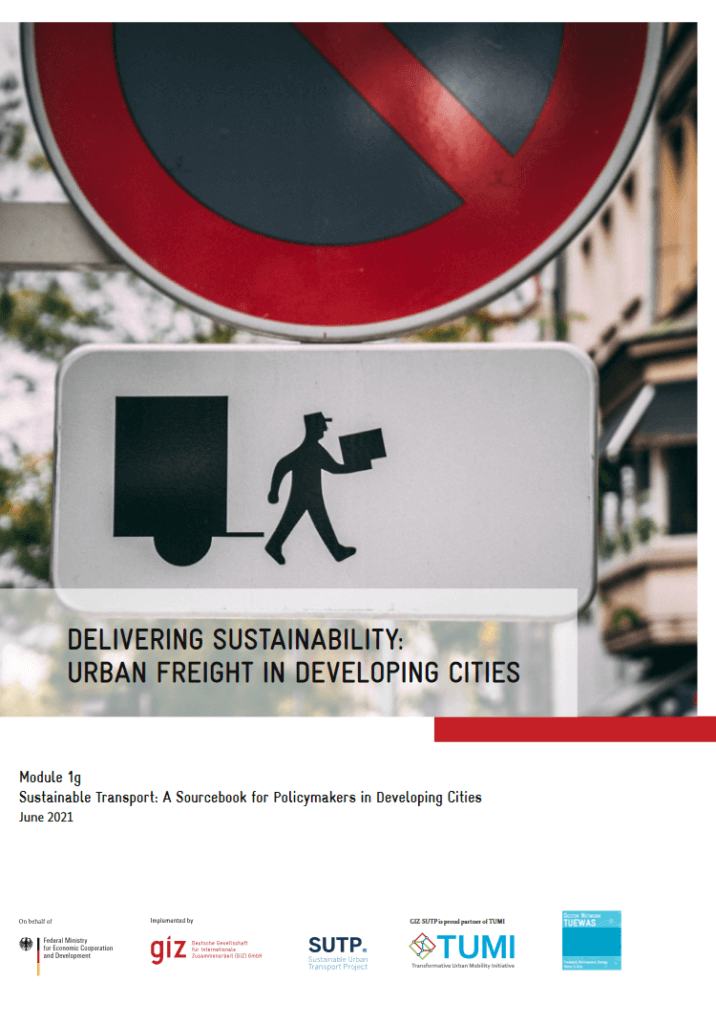
This sourcebook module aims to assist policy makers in developing Asian countries, particularly those involved at the urban level, move towards making the urban freight sector more sustainable. The sourcebook module lays out a set of core actions that aim to serve as a basis of action for policymakers. Additionally, the module provides an overview […]
The Uptake of New Mobility Services: Learning from Asia
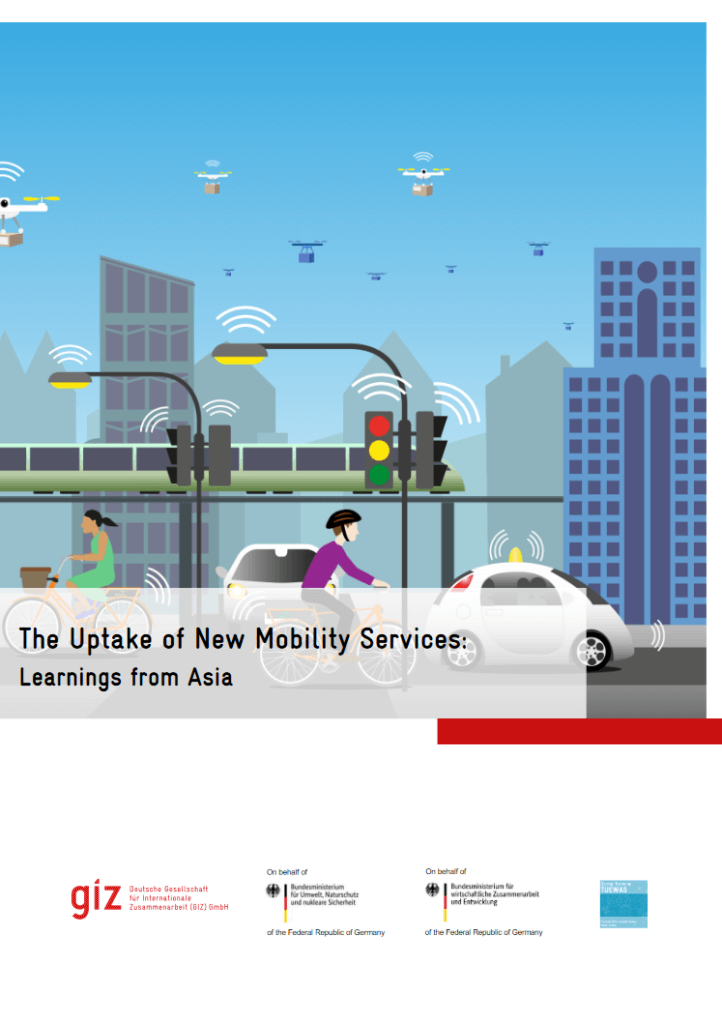
New Mobility Services (NMS) – novel mobility services that are enabled by disruptive technology and innovative business models that facilitate effective sharing of mobility resources – such as ride-hailing or dock-less bike sharing systems, have been emerging with the promise of contributing to more sustainable and climate-friendly mobility – in Asia and beyond. But what […]
Cycling planning in China – The example of Zhangjiakou
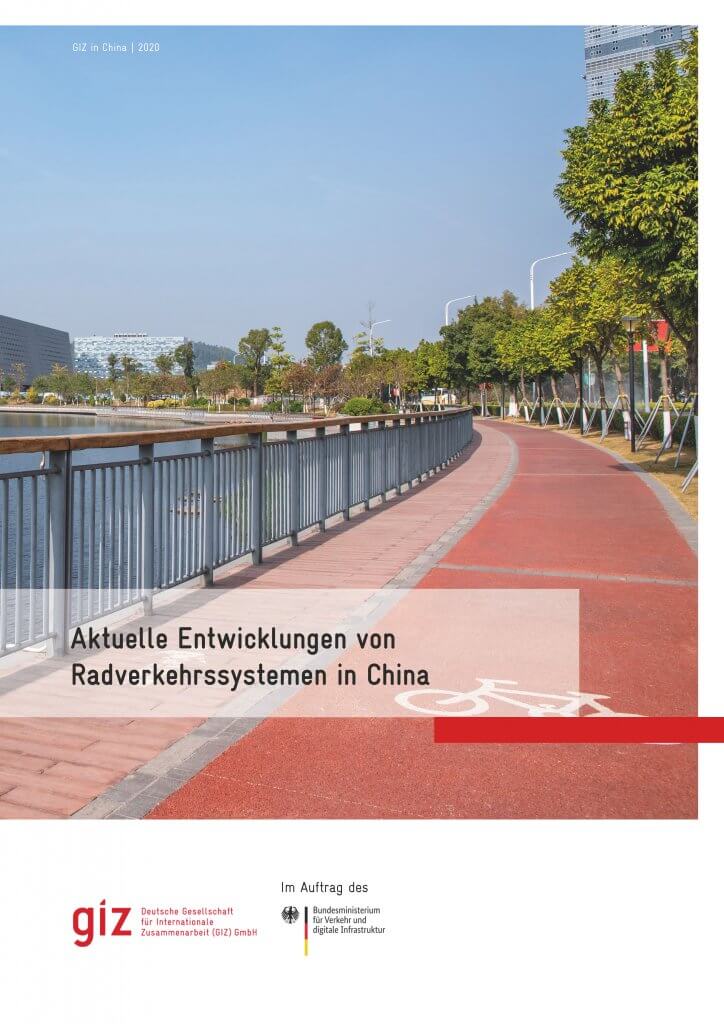
China, once known as the kingdom of bicycles, has a long history of widespread bicycle usage. With growing urbanization, industrialization and popularization of alternative transport modes (such as subways), the status of the bicycle is at stake as usage is decreasing rapidly. However, the bicycle as a non-motorized transport mode is still a crucial vehicle to cover short and middle distances in urban and rural areas, with the further upside of low associated emissions and an increased quality of life.
Transportation policy profiles of Chinese city clusters – guest contribution from MIT [EN Version]
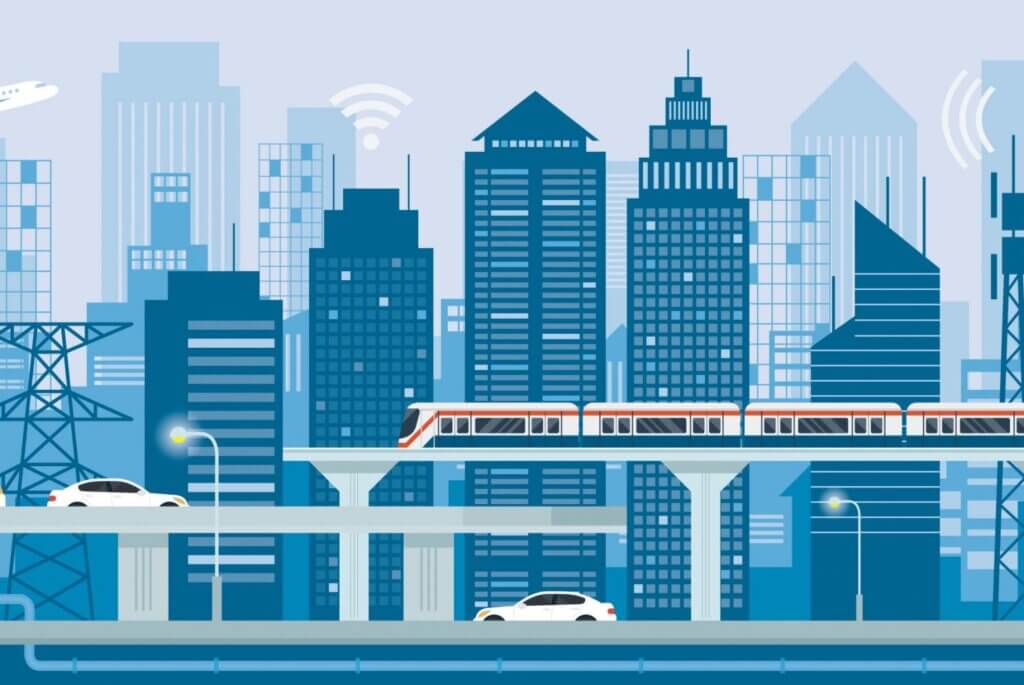
Transportation experts at MIT have developed new insights into how decision makers in hundreds of Chinese cities design and adopt policies relating to transportation — policies that could together curtail the rapidly growing demand for personal vehicles in China. Based on a mathematical analysis of historical data plus text analysis of policy reports, the team […]
Transportation policy profiles of Chinese city clusters – guest contribution from MIT [CN Version]

Transportation experts at MIT have developed new insights into how decision makers in hundreds of Chinese cities design and adopt policies relating to transportation — policies that could together curtail the rapidly growing demand for personal vehicles in China. Based on a mathematical analysis of historical data plus text analysis of policy reports, the team […]
COVID-19 and Sustainable Mobility – Early Observations and Documentation
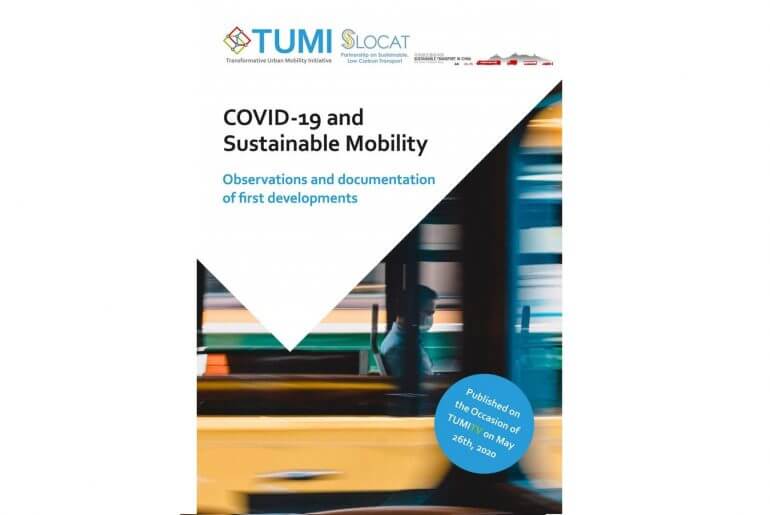
When the outbreak of the COVID-19 pandemic became an international challenge at the beginning of March 2020, we very quickly realized that the impact on the transport sector would be enormous. Not only that the transport sector is one of the transmission vectors, but also that with the social and economic constraints, it became clear […]
Sustainable Urban Mobility Planning – SUMP – is coming to China!
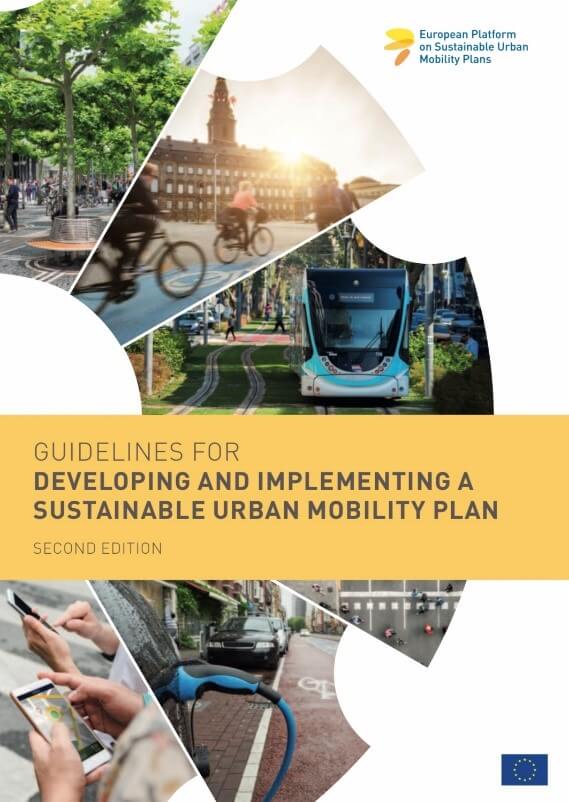
All over the world, many cities are facing increasing levels of traffic congestion, road safety issues, as well as carbon and air pollutant emissions. In particular, the better integration of transport and urban planning is seen as a key to mitigate these effects and to create more livable cities.
To promote smart and integrated urban mobility planning, the European Commission, in 2013, published the “Guidelines on Developing and Implementing A Sustainable Urban Mobility Plan”. Sustainable Urban Mobility Plans, also known as SUMP, aim at satisfying the mobility needs of people and businesses while improving the quality of life.
Guideline on barrier-free transport in China
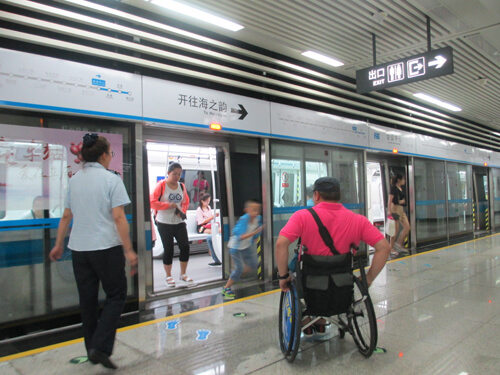
Accessibility and barrier free infrastructures and environments are important indicators for sustainable development. In particular in cities, people who experience disabilities, often face challenges and discrimination regarding the equal participation in using the urban public spaces or infrastructures. This counts especially for public transportation systems. It is often difficult for people with disabilities but also […]
On-Street Parking Management [CN Version]
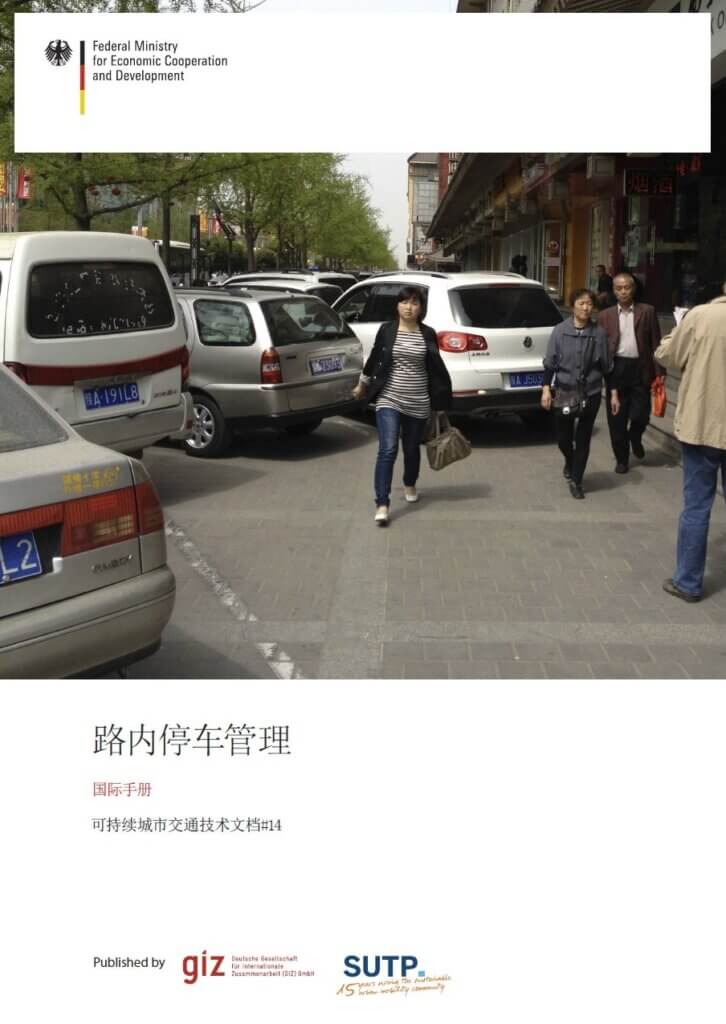
The document provides an overview of the different approaches to on-street parking management and provides advice to policy makers dealing with problems arising from unmanaged on-street parking. It addresses common problems that occur from illegal parking and circulating traffic searching for parking and points out approaches to overcome them. This includes information on the appropriate […]
On-Street Parking Management [EN Version]
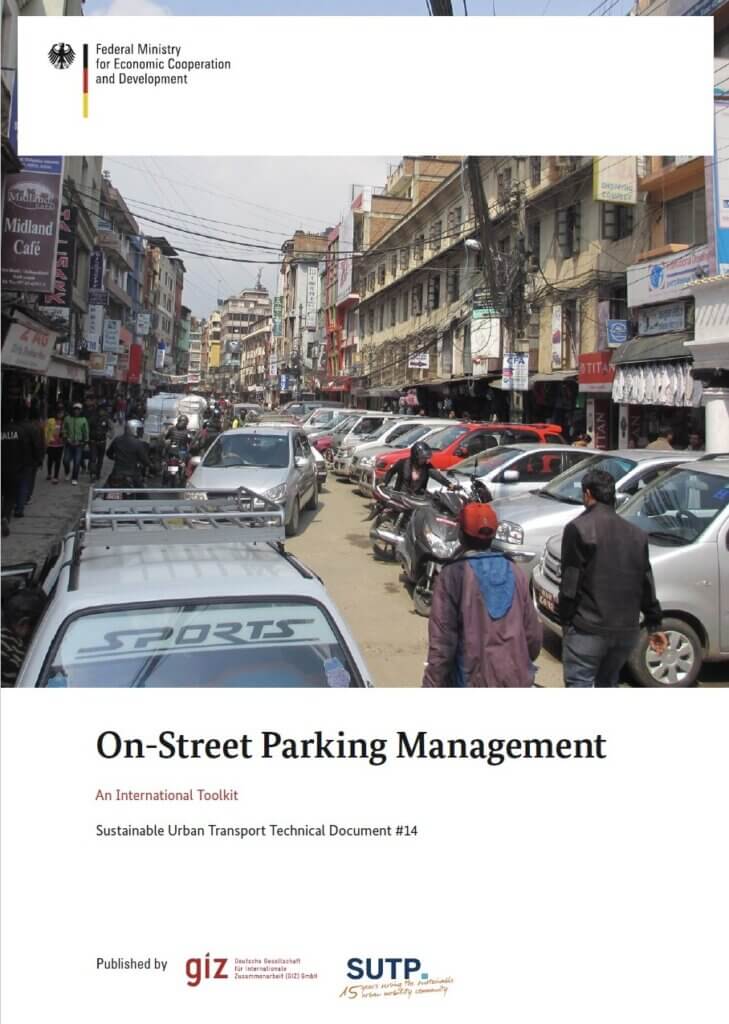
The document provides an overview of the different approaches to on-street parking management and provides advice to policy makers dealing with problems arising from unmanaged on-street parking. It addresses common problems that occur from illegal parking and circulating traffic searching for parking and points out approaches to overcome them. This includes information on the appropriate […]